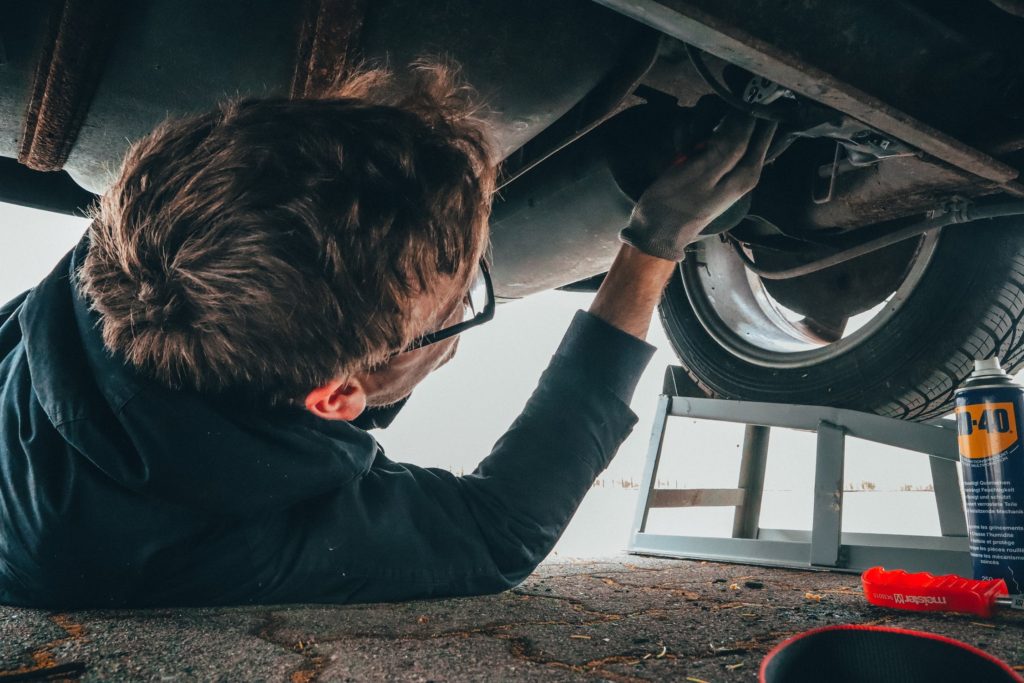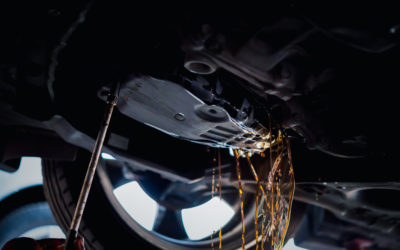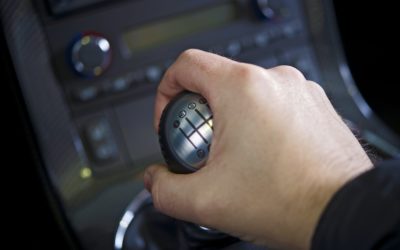Is Your Car Ready For The Road?
As you put miles on your car, there are some basic milestones for proper car care services. Keeping up with regular car maintenance will ensure your car continues to run properly and efficiently and also keeps major auto repairs at bay. Luckily, there are some general rules of thumb for when to get certain services done on your car so you can stay ahead of bigger auto repair costs.
Related: 5 Commoon Car Repairs You Need
Related: 5 Signs Of A Failing Transmission
Related: Is A Transmission Flush In Your Future?
Don’t Let Small Car Issues Become Big Car Issues
Bring your vehicle in to AAMCO Louisville today!
Dedicated to saving you thousands and keeping your car healthy. Learn More »
3,000-10,000 Mile Maintenance
Depending on how much and where you typically drive, these regular services could be required more or less often. Regardless, it’s best to take care of this maintenance at least twice per year, no matter how many miles you’ve driven.
Oil Change & New Oil Filter
Over time, your car’s engine oil becomes contaminated from use and outside conditions. To keep your engine well-lubricated and functioning well, you should get the oil flushed and replaced regularly, as well as having a new oil filter installed. Even if you don’t drive your car much, the oil will naturally degrade over time, so both mileage and time passed will mean you need an oil change.
30,000 Mile Maintenance
Roughly every 30,000 miles, you should think about a couple of other parts that keep your car running efficiently. Letting them go past 30,000 miles will result in decreased fuel efficiency and overall performance of your vehicle.
Air Filter Replacement
Your car’s air filter will become clogged over time by particles in the air and can affect how well air circulates through your engine. Every 15,000-30,000 miles, you should have your air filter replaced, especially if you often drive in dusty environments.
Fuel Filter Replacement
The fuel filter is essential to keep your engine running. If it becomes too clogged, your engine may stop running entirely. Though you may not need a new fuel filter at 30,000 miles, it’s a good idea to at least have it checked by a mechanic.
Have Brakes Serviced
Depending on how you drive and which brake pads you have on your car, brake pads can last anywhere from 20,000-60,000 miles and shouldn’t be put off if they’re becoming too worn. Likewise, your brake fluid should be flushed regularly according to your owner’s manual. A good rule of thumb to be sure you don’t go too long between brake servicing is to do all of this every 30,000 miles.

60,000 Mile Maintenance
While these services may need to be done sooner, they typically should be done every 60,000 miles at the latest. All parts in your car wear out gradually over time and these are essential to keep your car running and prevent major repairs.
Battery Service
You’ll start to notice signs that your battery is wearing out, whether you come out to a car that won’t start without a jump or notice your car struggling to start. Typically, batteries will last about 5-6 years or 50,000-60,000 miles, so if you’re approaching the 60k mark, it’s a good idea to have your battery tested and likely replaced.
Transmission Service
Your transmission fluid keeps your transmission healthy and should be monitored regularly. Depending on how you drive, you should have the transmission fluid flushed and replaced every 30,000-60,000 miles – sooner if you often drive in more strenuous conditions, such as towing heavy loads.

90,000 Mile Maintenance
As you approach 90,000 miles or even sooner, think about getting the following checked and replaced. While they last longer than some other parts in your car, it’s still important to make sure they’re operating properly and get them replaced if they’re wearing out.
Spark Plugs
A good set of spark plugs in most modern cars should last 90,000-100,000 miles but if you have cheaper spark plugs, they may only last 30,000 miles. If yours are wearing out, you’ll likely notice problems with starting your car and it may run rough. Luckily, this is a relatively simple car repair that can easily be done by a mechanic.
Replace the Timing Belt
If your car uses a timing belt instead of a timing chain, you’ll want to get it checked at least every 90,000 miles to make sure it’s replaced before it completely wears out. When you wait too long, you risk the timing belt breaking and causing severe damage and leaving you stranded. Timing chains should also be checked, since the links may stretch over time, but are not at the same risk of breaking as a timing belt.
New Power Steering Fluid
Your power steering fluid should be replaced around 75,000-90,000 miles – or sooner if problems arise. If you’re in need of a power steering fluid flush, you’ll have difficulty steering or notice extra noise when turning your vehicle.
From Low to High Mileage, AAMCO Louisville Has You Covered
No matter what you need, AAMCO Louisville car care services can keep you on the road. Our tune-up services will check all essential systems to catch car problems before they cause real trouble for you. Make your appointment online today or reach out to your nearest location.
Troubleshooting Transmission Shifting Issues
Transmission problems can run the gamut from new noises to difficult shifting. The first step to fixing the issue is to understand what may be going on inside the transmission, whether it’s a problem with fluid or worn components. Don’t let shifting issues continue —...
read moreFluid Fiasco: Diagnosing and Next Steps for Transmission Leaks
From small drips to big puddles, car fluid leaks of any size can cause problems. Like many of your car’s systems, the transmission relies on adequate fluid. When the transmission is operating as it should, fluid provides both lubrication and hydraulic pressure. That...
read moreClutch Conundrum: Unveiling the Telltale Signs of a Worn-Out Clutch
When easy shifting turns to grinding gears, it’s time to take a look at your car’s clutch. This system is essential to keep your vehicle moving. The clutch is responsible for facilitating each gear shift, which determines how much torque is sent to the drive wheels to...
read more



